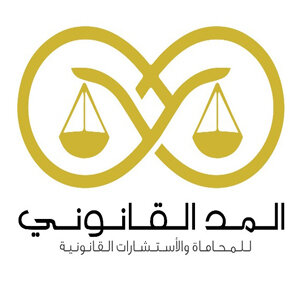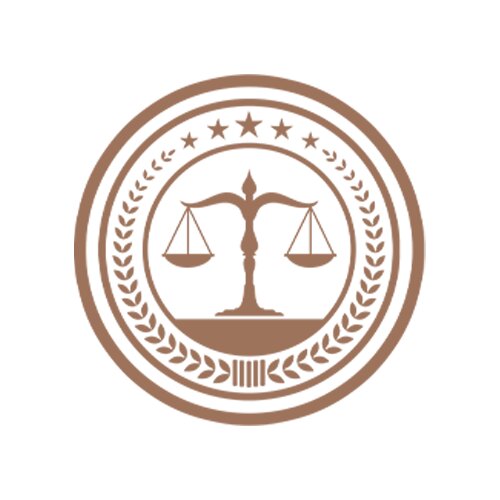Best Divorce & Separation Lawyers in Kuwait City
Share your needs with us, get contacted by law firms.
Free. Takes 2 min.
Free Guide to Hiring a Family Lawyer
List of the best lawyers in Kuwait City, Kuwait
About Divorce & Separation Law in Kuwait City, Kuwait:
Divorce and separation law in Kuwait is anchored on Islamic Sharia Law principles. The laws are fair and supportive to both parties, though there are specific statutes and norms that you need to understand. Kuwaiti courts typically honor prenuptial and postnuptial agreements. Furthermore, a decision made in a foreign court can potentially be enforced in Kuwait, as per the private international law rule under the Kuwaiti Civil and Commercial Procedures Law.
Why You May Need a Lawyer:
The process of divorce or separation can be emotionally draining and inherently complex, demanding professional legal advice. Whether you are seeking a divorce, negotiating a separation agreement, or dealing with child custody and alimony matters, a lawyer can provide the requisite help. Representing yourself without legal counsel could lead to an unsatisfactory agreement or worse, negatively affect your rights. You may require a lawyer to explain the legal requirements, support through the paperwork and court proceedings, or even to facilitate mediation.
Local Laws Overview:
The local Kuwaiti laws for divorce and separation are predominantly based on Islamic Sharia Law. There are different types of divorces including ‘Talaq’ (man divorces woman) and ‘Khula' (woman divorces man). The Law of Personal Status, 1984, regulates matters such as custody and alimony. It also provides rights to women employment, property, and to file for divorce on several grounds including cruelty and desertion. The law also recognizes foreign judgments on conditions of non-violation of Kuwaiti Law & public policy, jurisdictional competence of foreign court, etc.
Frequently Asked Questions:
1. Can I apply for a divorce if I am married in Kuwait but I am not a Kuwaiti citizen?
Yes, non-Kuwaiti citizens married in Kuwait can apply for divorce. However, they must have a lawyer to represent their best interests during the divorce proceedings.
2. How are assets divided upon divorce in Kuwait?
Upon a divorce, the matrimonial assets are largely divided in accordance to the marriage contract, unless the parties decide otherwise. However, issues surrounding the division of property can be complex, hence a professional legal advice is recommended.
3. How are child custody matters determined?
Custody matters are decided based on the best interest of the child. The Mother generally retains custody of young children, while the father is responsible for their financial support.
4. How does alimony work in Kuwait?
Post-divorce alimony can be awarded to the spouse who is financially dependent or the spouse who has custody of the children. The precise quantum will be based on the court's discretion.
5. Can a legal separation agreement made outside Kuwait be enforced in Kuwait?
Yes, under the private international law principles, a separation agreement made outside Kuwait can be enforced, subject to certain legal conditions and reservations.
Additional Resources:
You can also visit the website of the Ministry of Justice of Kuwait - www.moj.gov.kw for more information. For professional advice and guidance, contact a recognized legal firm with experience in family law in Kuwait.
Next Steps:
If you are seeking legal assistance in divorce or separation, it is advisable to consult with a lawyer who specializes in family law in Kuwait. A licensed attorney can guide you through the legal process, helping you understand your rights and obligations. They will also represent your interests in court, thereby ensuring the best possible outcome.
Lawzana helps you find the best lawyers and law firms in Kuwait City through a curated and pre-screened list of qualified legal professionals. Our platform offers rankings and detailed profiles of attorneys and law firms, allowing you to compare based on practice areas, including Divorce & Separation, experience, and client feedback.
Each profile includes a description of the firm's areas of practice, client reviews, team members and partners, year of establishment, spoken languages, office locations, contact information, social media presence, and any published articles or resources. Most firms on our platform speak English and are experienced in both local and international legal matters.
Get a quote from top-rated law firms in Kuwait City, Kuwait — quickly, securely, and without unnecessary hassle.
Disclaimer:
The information provided on this page is for general informational purposes only and does not constitute legal advice. While we strive to ensure the accuracy and relevance of the content, legal information may change over time, and interpretations of the law can vary. You should always consult with a qualified legal professional for advice specific to your situation.
We disclaim all liability for actions taken or not taken based on the content of this page. If you believe any information is incorrect or outdated, please contact us, and we will review and update it where appropriate.














